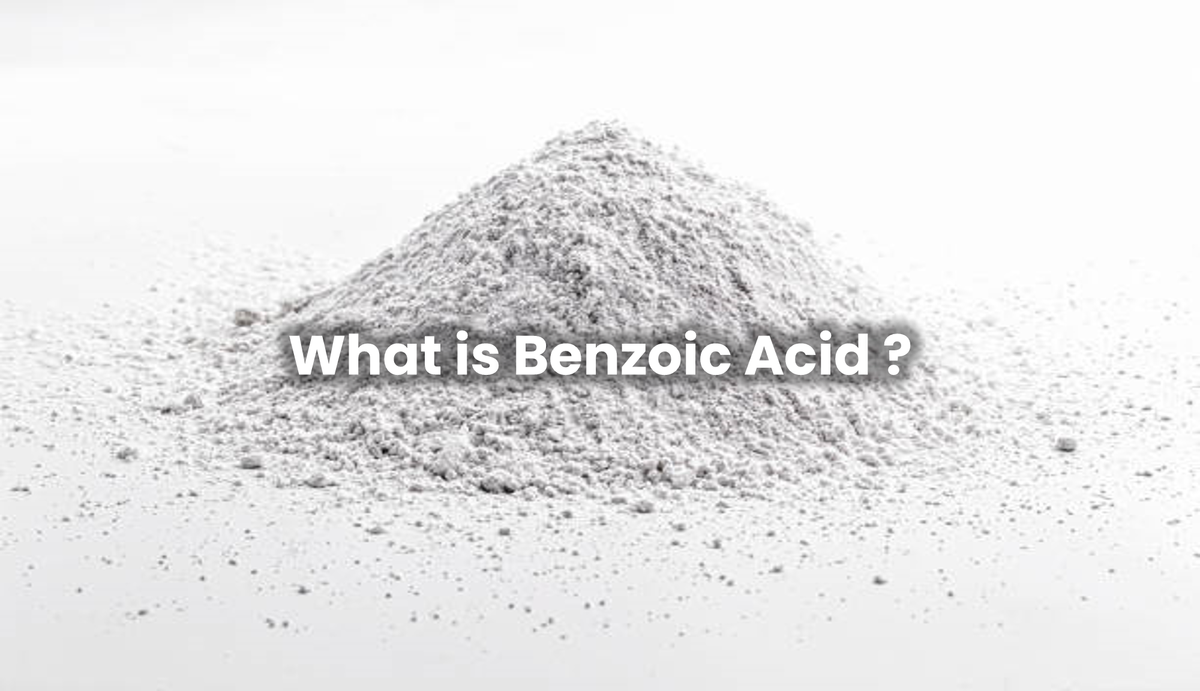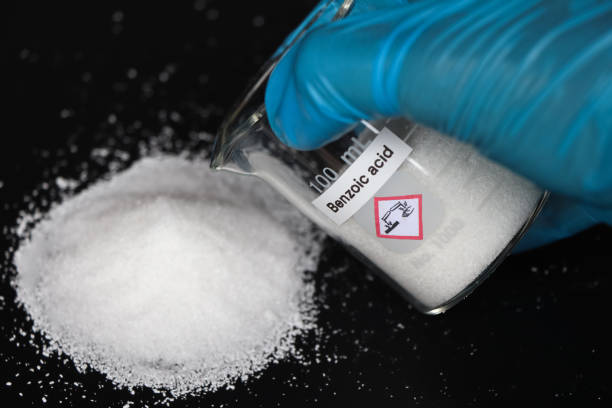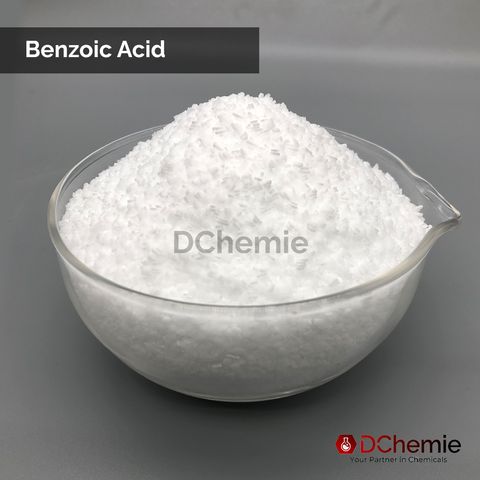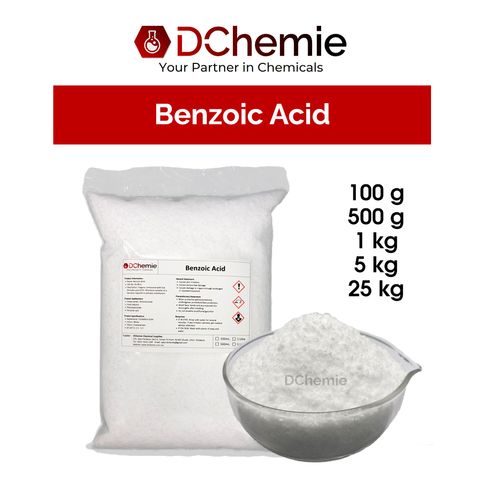
Introduction:
Benzoic acid, with the chemical formula C₆H₅COOH, is a crystalline compound often found in its solid state. It is a derivative of benzene, characterized by a carboxylic acid group attached to a phenyl group. This organic compound naturally occurs in various plants and serves as a precursor for many useful compounds. It plays a pivotal role in several industries due to its versatile properties.
Function and Uses:
Primarily known for its antimicrobial properties, benzoic acid is extensively used as a preservative in the food and beverage industry. It inhibits the growth of bacteria, molds, and yeasts, thus extending the shelf life of perishable products. Additionally, it functions as a pH adjuster and flavoring agent in food and beverages.
Apart from its role as a preservative, benzoic acid is utilized in the production of various chemicals, including benzoyl chloride, which serves as a precursor in the synthesis of pharmaceuticals, perfumes, and plastics. It also finds application as an intermediate in the manufacturing of dyes, insect repellents, and plasticizers.
Applications:
Benzoic acid finds applications across a spectrum of industries:
- Food and Beverage Industry: Benzoic acid is commonly employed as a preservative in carbonated drinks, fruit juices, jams, pickles, and salad dressings. It prevents microbial spoilage and maintains the freshness of these products.
- Pharmaceutical Sector: In pharmaceutical formulations, benzoic acid serves as an active ingredient in topical antifungal creams and oral medications. Its antimicrobial properties help combat infections.
- Cosmetics: Within the cosmetics industry, benzoic acid is utilized in skincare products, such as creams, lotions, and cleansers, for its antimicrobial benefits. It aids in preserving the integrity of these products.
- Industrial Applications: Benzoic acid is a crucial component in the synthesis of various industrial chemicals, including benzoyl chloride for plastics and phenol for resins. It also finds use in the production of insect repellents and dyes.
- Animal Feed: In animal feed formulations, benzoic acid acts as a mold inhibitor, ensuring the quality and safety of the feed by preventing fungal contamination.
Product Examples:
- Food and Beverage: Soft drinks, fruit juices, canned fruits, salad dressings.
- Pharmaceuticals: Antifungal creams, oral medications.
- Cosmetics: Face creams, body lotions, cleansers.
- Industrial: Plastics, resins, insect repellents, dyes.
- Animal Feed: Poultry feed, livestock feed.
Production/Sources:
Benzoic acid can be produced through various methods, including the oxidation of toluene or benzyl chloride, or by the carboxylation of benzene with carbon dioxide. It can also be extracted from natural sources such as gum benzoin or synthesized from other chemicals.

Properties/Characteristics:
Benzoic acid is a white crystalline solid with a characteristic odor. It is sparingly soluble in water but highly soluble in organic solvents such as ethanol and ether. This compound exhibits typical carboxylic acid properties, including acidity and reactivity towards bases and nucleophiles.
Conclusion:
In conclusion, benzoic acid serves as a versatile compound with widespread applications across various industries. Its role as a preservative, antimicrobial agent, and chemical precursor underscores its importance in food preservation, pharmaceuticals, cosmetics, and industrial processes. With its diverse range of functions and properties, benzoic acid continues to be a valuable ingredient in numerous products essential to everyday life.


